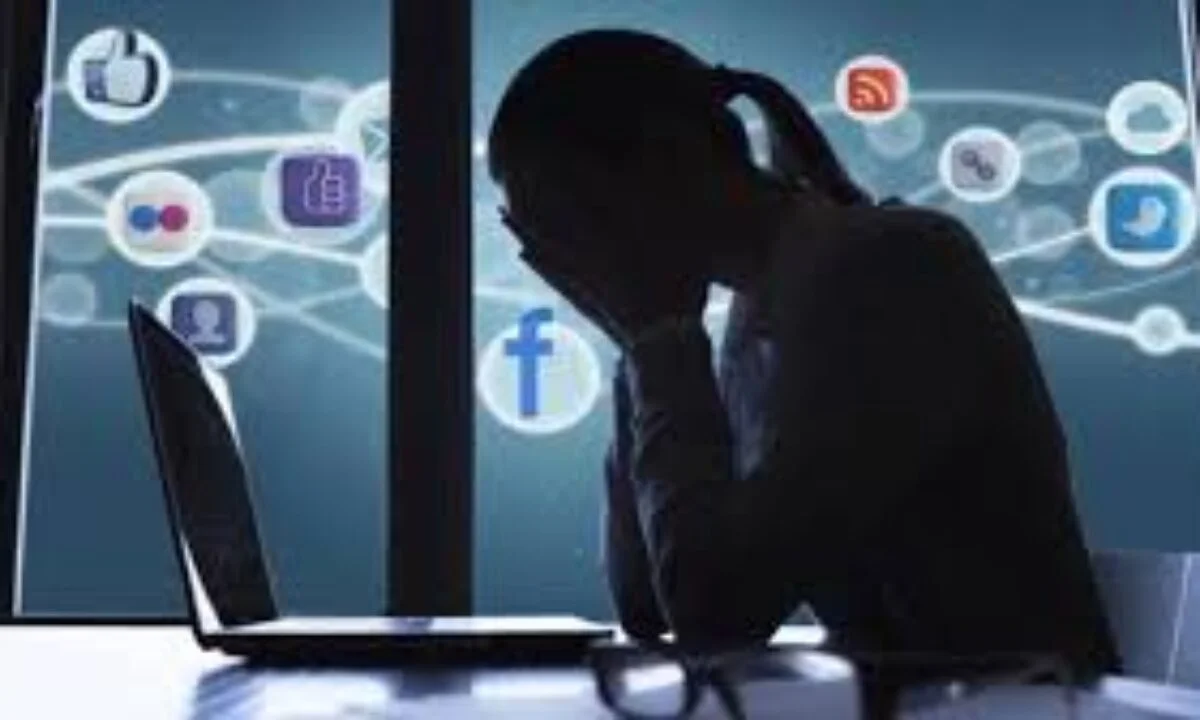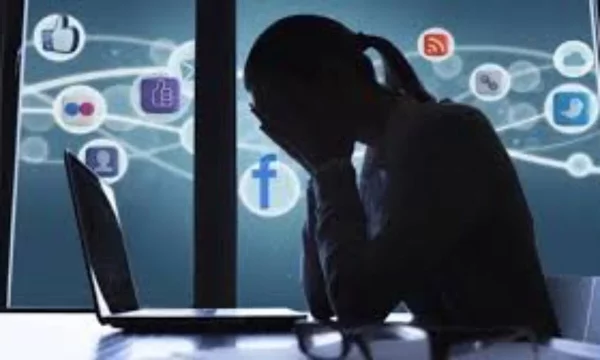In the age of constant connectivity, social media has become an integral part of our daily lives. It’s where we share milestones, stay updated on news, and connect with friends and family. But while social media offers many benefits, it also has a darker side. Over the past decade, researchers and mental health professionals have raised concerns about the link between social media use and depression.
Read more about Social Media
Can Social Media Cause Depression? Can scrolling through Instagram, TikTok, or Facebook contribute to feelings of sadness, loneliness, and low self-esteem? Let’s dive into the evidence and explore how social media might be impacting our mental health.
The Connection Between Social Media and Depression
Multiple studies have suggested a correlation between heavy social media use and increased rates of depression, particularly among younger users. While social media itself isn’t inherently harmful, the way we use it can have significant psychological effects. Here are some key ways social media might contribute to depression:
-
The Comparison Trap
One of the most common mental health pitfalls of social media is the tendency to compare ourselves to others. Platforms like Instagram and Facebook are often highlight reels, where people share their best moments. When we constantly compare our everyday reality to someone else’s curated highlights, it’s easy to feel inadequate or like we’re falling behind.
This phenomenon, often referred to as “social comparison,” can lead to feelings of envy, low self-esteem, and dissatisfaction with our own lives. Over time, these negative emotions can contribute to depression, especially if we internalize the belief that we’re not good enough.
-
Fear of Missing Out (FOMO)
Social media thrives on FOMO: the fear of missing out. Seeing friends post about parties, trips, or events we weren’t invited to can trigger feelings of loneliness and exclusion. Even if we know that social media doesn’t reflect reality, it’s hard not to feel left out when everyone else seems to be living their best lives.
FOMO can lead to anxiety and a sense of disconnection, which are closely linked to depression. It can also push people to spend even more time on social media, creating a vicious cycle of comparison and dissatisfaction.
Sign up for the Connect Nigeria daily newsletter
-
Cyberbullying and Negative Interactions
For many, social media is a double-edged sword. While it can foster connection, it can also be a breeding ground for negativity. Cyberbullying, trolling, and hurtful comments are unfortunately common on social platforms, especially among teenagers and young adults. These negative interactions can have a profound impact on mental health, leading to feelings of worthlessness, anxiety, and depression.
Even passive exposure to conflict or negativity can take a toll on our emotional well-being.
-
Addiction and Overuse
Social media platforms are designed to be addictive. Infinite scrolling, notifications, and algorithms that prioritize engaging content keep us hooked for hours on end. Over time, excessive social media use can interfere with real-life relationships, work, and self-care.
Spending too much time online can also lead to physical symptoms like poor sleep, eye strain, and fatigue, all of which can exacerbate feelings of depression. Additionally, social media addiction can create a sense of dependency, where we feel anxious or empty when we’re not online.
-
Unrealistic Beauty Standards
Platforms like Instagram and TikTok are flooded with images of flawless faces, perfect bodies, and luxurious lifestyles. Filters, editing tools, and photo manipulation have made it easier than ever to present an idealized version of reality. For many users, especially young people, these unrealistic beauty standards can lead to body image issues, low self-esteem, and depression.
The pressure to look a certain way or live up to these unattainable ideals can be overwhelming, particularly for those already struggling with self-confidence.
Final Thoughts
The relationship between social media and depression is complex. While social media can contribute to feelings of sadness, loneliness, and low self-esteem, it’s not the sole cause of depression. Factors like genetics, life circumstances, and overall mental health also play a significant role.
Register to attend the CN Business Mixer
That said, being mindful of how we use social media and taking steps to protect our mental health can make a big difference. By setting boundaries, curating our feeds, and prioritizing real-life connections, we can enjoy the benefits of social media without falling into its emotional pitfalls.
Got something you want to read about on our platform? Contact us: [email protected]


